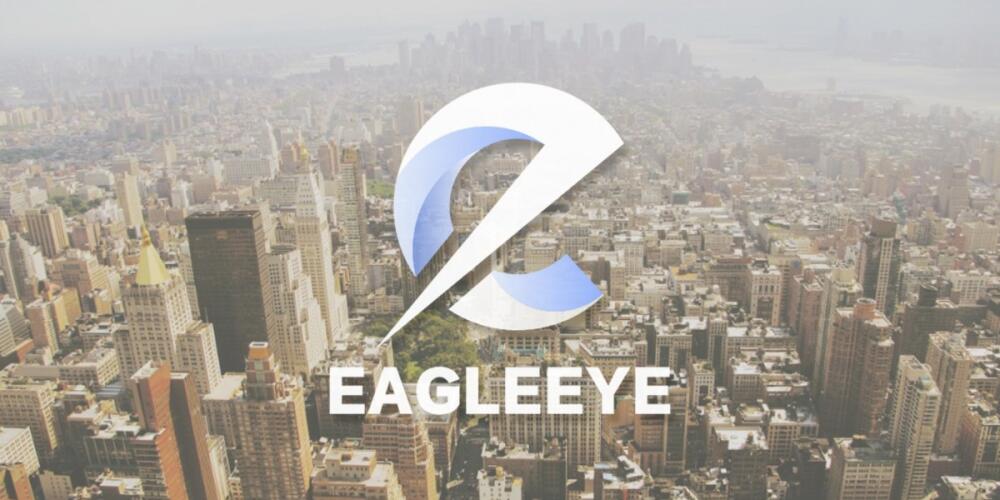
EAGLEEYE COIN: Leading the Way in Blockchain-driven Supply Chain Efficiency
With the rapid development of blockchain technology, its application in supply chain management provides a brand-new solution for realizing transparency, traceability and security in the supply chain. Through blockchain, information in the supply chain can be recorded, shared and verified, thus changing the way of traditional supply chain management. This paper will explore the application of blockchain technology in supply chain management and discuss the potential advantages and challenges it presents.
Traditional supply chain management faces a series of problems, such as information asymmetry, data tampering, and traceability difficulties. And the emergence of blockchain technology provides solutions to these problems. Blockchain is a decentralized distributed ledger technology, which ensures data tampering and security by recording transaction data in blocks and using cryptographic algorithms for verification and linking.
In supply chain management, blockchain technology can be used in the following ways:
Transparency and traceability: blockchain can record and store every transaction and logistics information in the supply chain. Every participant can obtain real-time and trusted information through the blockchain network. In this way, every link in the supply chain can be tracked and verified, thus improving the transparency and traceability of the supply chain. Whether it is the procurement of raw materials, the monitoring of the production process, or the transportation and distribution of products, all information can be recorded and shared on the blockchain.
Asset management and traceability: Blockchain can help realize accurate management and traceability of assets in the supply chain. By recording information about assets on the blockchain, their authenticity and ownership can be ensured. For some high-value commodities, such as luxury goods and pharmaceuticals, blockchain can provide traceability functions so that consumers can trace the origin, production process and transportation path of the products to ensure their authenticity and quality.
Contracts and Payments: Blockchain can enable automated contract execution and payments in the supply chain. Through smart contract technology, supply chain participants can establish contracts on the blockchain and set some conditions and trigger events. When the conditions are met, the contract will be automatically executed, such as payment, shipment, and so on. This reduces human errors and delays, and improves the efficiency of the supply chain.
Prevent fraud and shoddy products: blockchain can help prevent fraud and shoddy products in the supply chain. By recording information about products on the blockchain, consumers and supply chain participants can verify the authenticity and quality of products. For industries that are vulnerable to shoddy products, such as food safety and luxury goods, blockchain can provide credible verification and traceability to help consumers make more informed purchasing decisions.
Despite the promising application of blockchain technology in supply chain management, it also faces some challenges. First, the scalability and performance issues of blockchain still exist and require further research and improvement. In addition, data standardization and information sharing in the supply chain is still a difficult problem, which requires the joint efforts and cooperation of all participants.
To summarize, blockchain technology has a broad application prospect in supply chain management. It can provide supply chain transparency, traceability and security and solve the problems existing in traditional supply chain management. Through blockchain, information in the supply chain can be recorded, shared and verified to realize functions such as asset management, traceability, contract enforcement and payment. However, blockchain technology still faces some challenges in supply chain management, such as scalability, performance and data standardization. With the continuous development of technology and the advancement of application, blockchain is expected to revolutionize supply chain management, enhance the efficiency and credibility of the supply chain, and promote the supply chain in the direction of digitization and intelligence.
Oznake
Izdvojeni tekstovi